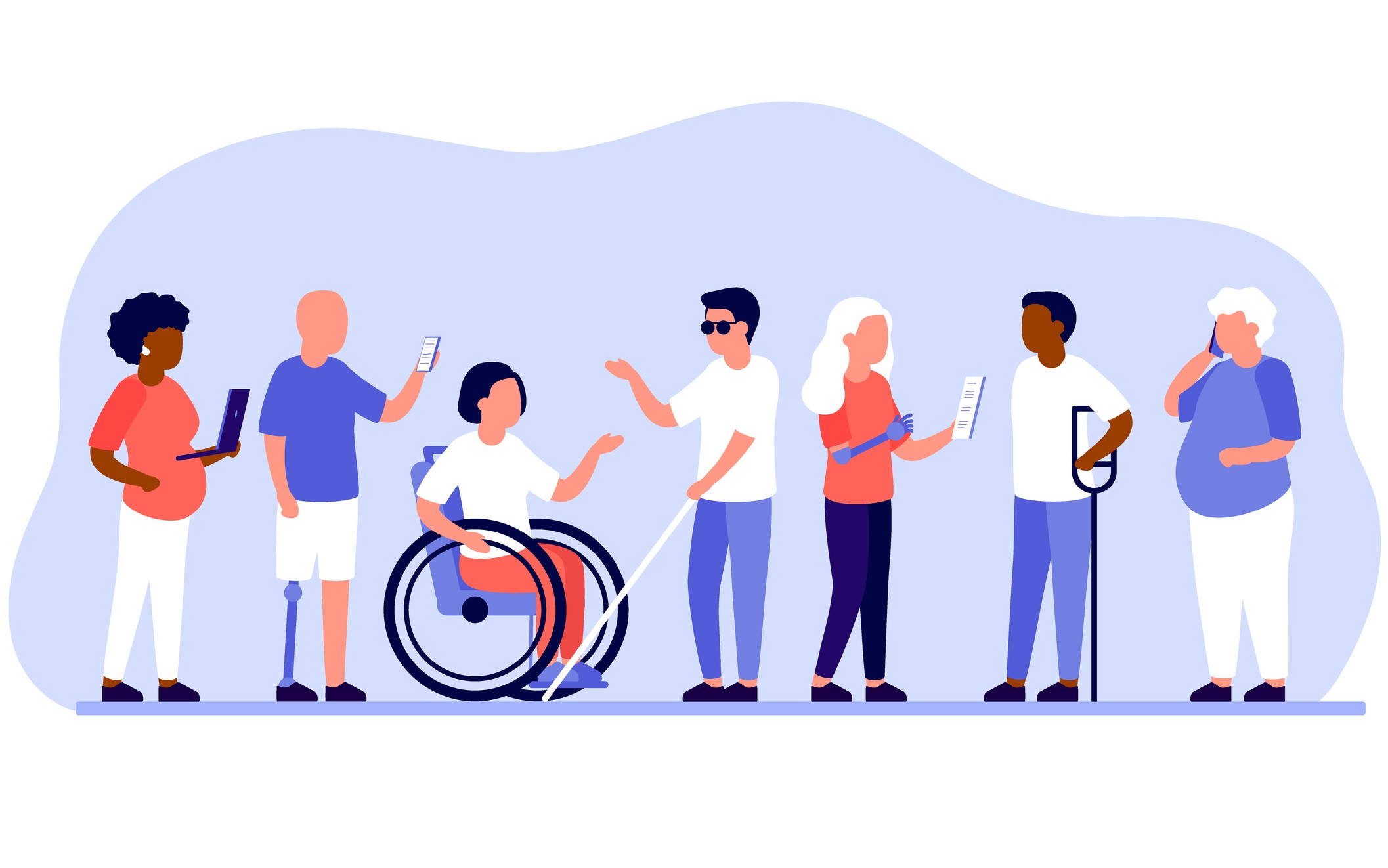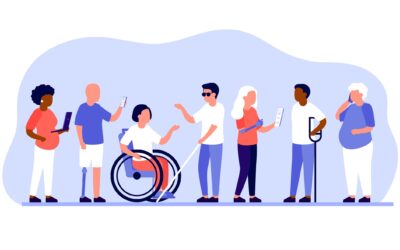When it comes to micromobility, you should keep privacy data in mind
Have you ever wondered what happens with the data you provide when riding micromobility vehicles? There is little doubt that micromobility transportation is growing across the United States and throughout the world. In 2019, the last full year data was available, riders took 136 million trips on micromobility vehicles, up 60 percent from 2018.
Those trips mean a lot of mobility data is generated from the rider. Bikes, e-bikes, and e-scooters can specifically collect location data, for example, along with other important data.
In a perfect world, that data is used by companies and governments to improve the user experience, infrastructure, and transportation policy. However, it’s important to make sure user privacy is protected if that data is shared.
What is data used for?
Data is collected by manufacturers and often shared with governments or other partners. Data can help with safety, for example. Manufacturers or government officials can use data collected to monitor safety issues like crashes, speeds, the volume of vehicles in an area or on a road, and more. That data can be used by cities that are researching how to ease or even end traffic jams.
Sustainability issues also have uses for mobility data. Researchers can use the data to track how many people are using micromobility vehicles worldwide and the impacts that usage has on climate change and similar others.
Finally, manufacturers, researchers, and governments can form partnerships to study data. The data can be used in many ways to accomplish various goals. For example, micromobility data can help the government keep tabs on how many bikes, e-bikes, or e-scooters are being used at any given minute.
But the data must be protected
As the industry gets older, more importance is being placed on privacy and data-sharing issues. With so much important data available, there are safeguards in place to protect riders. The California Legislature is considering passing a bill that would require certain conditions to be met before any mobility data is shared. The data would be used for transportation planning or safety, and all trip data must be 24 hours old before it is shared.
The ACLU of Northern and Southern California has also asked a federal appeals court to reconsider a ruling on a dismissed mobility data case. The City of Los Angeles and the LA Department of Transportation were sued over the collection of e-scooter trip data.
Other groups are also trying to improve data protection. The New Urban Mobility Alliance, Open Mobility Foundation, and North American Bikeshare and Scootershare Association have released the Privacy Principles for Mobility Data. The document includes seven principles like transparency and communication that should better protect the identity and privacy of people who ride e-bikes and e-scooters.
While micromobility vehicles are not eligible for commuter benefits, they are still a popular commuting option. Businesses can help employees with commuting costs by purchasing prepaid cards to be used towards e-bikes or e-scooters rentals. If you think offering micromobility to your employees is a good option for you and your employees, let’s chat. Schedule a meeting today, and we’ll be happy to review all your options with you.







